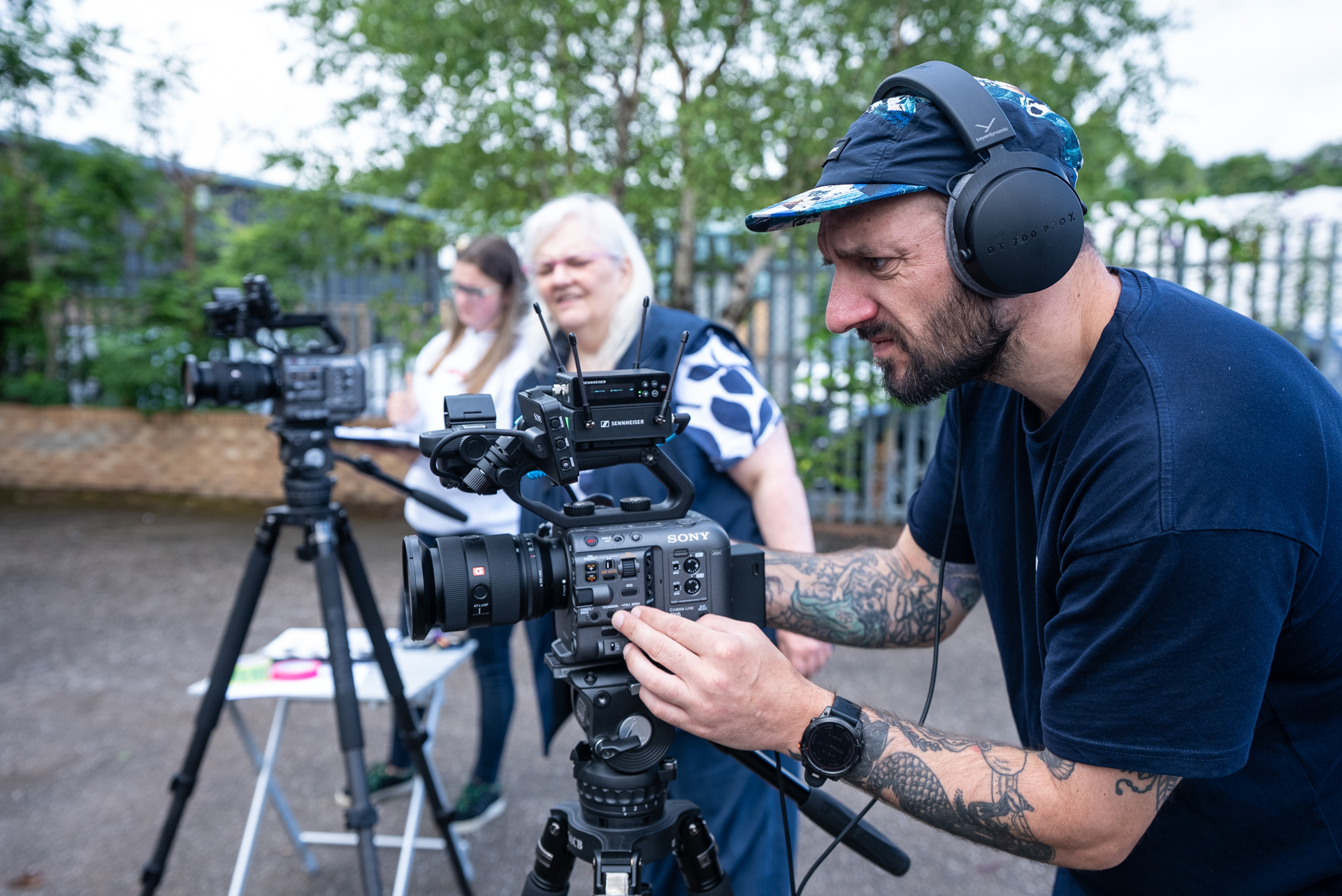Welcome to the exciting world of veterinary courses, where passion for animal care transforms into a rewarding career. This field is not just about treating pets; it's a multifaceted discipline that delves deep into the health and welfare of all creatures, great and small. Whether you're an animal lover, an aspiring veterinarian, or just curious about what it takes to enter this field, you've come to the right place. In this blog, we'll explore the various aspects of veterinary courses, shedding light on what they entail, the skills they develop, and how they can pave the way to a fulfilling profession in animal care. Let's embark on this enlightening exploration together, discovering how veterinary courses can be your gateway to making a real difference in the lives of animals.
The Heart of Veterinary Courses: Understanding the Basics
Veterinary courses fundamentally focus on animal biology, health, and disease. These courses provide a solid foundation in various scientific subjects like anatomy, physiology, and pharmacology. Students gain crucial knowledge about the inner workings of different animal species, from domestic pets to exotic wildlife. This foundational learning equips future veterinarians with the skills needed to diagnose and treat a wide range of conditions. Moreover, these courses emphasize practical skills through hands-on training, preparing students for real-world scenarios in animal care.
Specializations within Veterinary Courses: Tailoring Your Path
Veterinary courses offer numerous specializations, allowing students to tailor their education to their interests. These specializations include small animal care, focusing on pets like dogs and cats, and more exotic branches dealing with wildlife or farm animals. Some students might choose veterinary surgery, while others may focus on animal nutrition or behavior. Each specialization opens up unique career opportunities, whether it's working in a bustling animal hospital, contributing to wildlife conservation, or engaging in cutting-edge research. By choosing a specialization, students hone their skills in a specific area of animal health, ensuring they are well-prepared to make a significant impact in their chosen field.
The Impact of Veterinary Courses on Career Prospects
Enrolling in veterinary courses marks a significant step towards a variety of career opportunities. Graduates aren't limited to traditional roles in veterinary clinics or hospitals. The knowledge and skills acquired open doors to diverse fields such as pharmaceuticals, research, public health, and even education. Veterinary professionals play a critical role in addressing public health concerns, contributing to food safety, and enhancing our understanding of zoonotic diseases. Additionally, the growing awareness of animal welfare has expanded career prospects in animal advocacy and welfare organizations. With a degree in veterinary science, the possibilities are as vast as they are fulfilling.
The Role of Practical Experience in Veterinary Courses
Practical experience is a pivotal component of veterinary courses, bridging the gap between theoretical knowledge and real-world application. Most veterinary programs include extensive clinical training, where students get hands-on experience under the supervision of experienced professionals. This training might take place in veterinary hospitals, clinics, research labs, or even in the field, working with wildlife or farm animals. These experiences allow students to apply their classroom learning in practical settings, develop their clinical skills, and learn how to interact with animals and their owners. This hands-on approach enhances technical proficiency and helps develop essential soft skills like communication, empathy, and decision-making, crucial for a successful career in veterinary medicine.
Technological Advancements in Veterinary Education
The field of veterinary medicine continuously evolves, with technological advancements playing a significant role in education and practice. Today's veterinary courses incorporate the latest technologies, such as digital imaging, telemedicine, and advanced surgical techniques, preparing students for a modern veterinary practice. This integration of technology into the curriculum ensures that future veterinarians are adept at using cutting-edge tools and methodologies, enhancing their ability to provide the best possible care for animals. Furthermore, technology facilitates innovative learning methods, such as virtual dissections and simulations, offering an interactive and engaging way to learn complex concepts.
Navigating the Path to a Veterinary Career
Choosing to pursue veterinary courses is the first step on an exciting career path. Prospective students should start by researching different veterinary schools and programs to find the one that best suits their interests and career goals. It's important to consider factors such as curriculum, specialization options, practical training opportunities, and accreditation. Preparing for a veterinary career also involves gaining experience, which can be achieved through volunteering, internships, or working in animal care settings. This not only strengthens a student's application but also provides valuable insights into the profession. Additionally, networking with professionals in the field, attending veterinary conferences, and joining student veterinary associations can be immensely beneficial for career development and guidance.
Conclusion
Embarking on veterinary courses is a commitment to a life dedicated to the health and well-being of animals. It's a path that demands hard work, dedication, and a deep love for animal care. These courses provide a comprehensive education, from basic science to specialized knowledge, coupled with practical experience and technological savvy. The journey through veterinary education is as rewarding as it is challenging, leading to a diverse range of career opportunities that go beyond the traditional veterinary practice. As we've explored, whether your interest lies in clinical care, research, public health, or advocacy, veterinary courses offer a robust foundation to build a fulfilling career. So, if you're driven by a passion for animal care and a desire to make a difference, the world of veterinary medicine awaits, full of possibilities and potential for a rewarding professional life.



